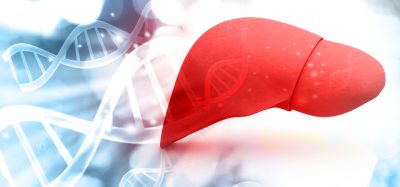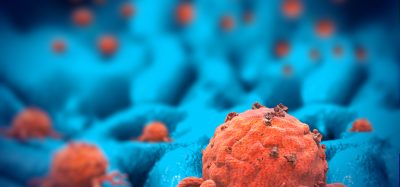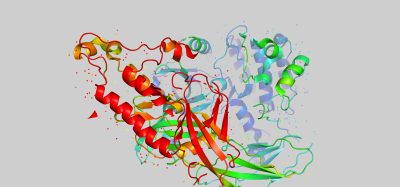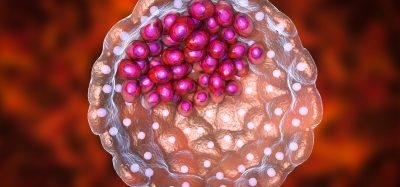“Overlooked” FAM72A gene shines light on antibody production
Posted: 3 December 2021 | Anna Begley (Drug Target Review) | No comments yet
Scientists used a new screen to identify FAM72A as a cause of mutagenesis that affects antibody development in COVID-19 and cancer.
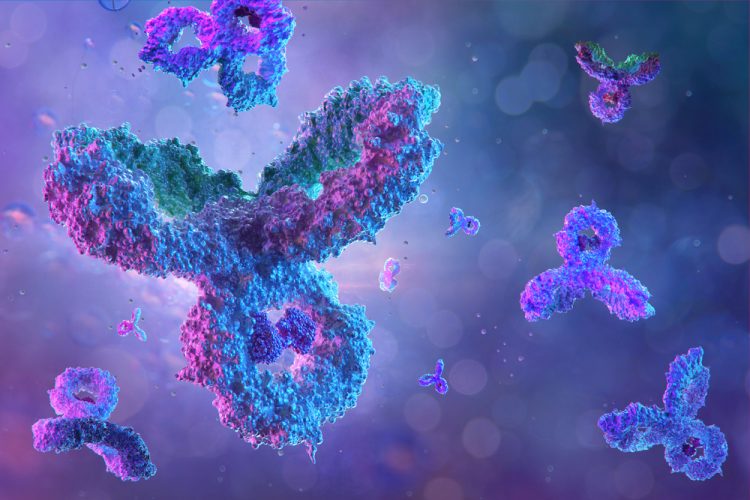
Researchers at the University of Toronto, Canada, have discovered that an overlooked gene plays a major role in the development of antibodies, potentially leading to effective treatments against viruses including SARS-CoV-2.
In the context of antibody development, mutagenesis unfolds largely through the AID (Activation-Induced Deaminase)-driven mechanisms called somatic hypermutation and class switch recombination, both of which help antibodies gain the diversity and potency they need to counter a wide range of pathogens. Uncontrolled mutagenesis in B cells that produce antibodies is linked to B cell lymphoma, and FAM72A is present at very high levels in other cancers such as gastrointestinal, breast, lung, liver and ovarian cancers.
The team first identified FAM72A as a gene of interest through a genetic screen designed by Professor Jason Moffat and detailed in Nature. The platform generated a short-list of genes with mostly known functions that might play a role in B cell mutagenesis, although researcher Dr Yuqing Feng explained that she was more interested in the poorly characterised genes on the list.
FAM72A stood out in part because so little was known about its biology. “I had read a paper from 2008 that suggested FAM72A binds with UNG2, but with no apparent functional consequence. This was interesting, because we knew that UNG2 was important in the pathways that we were studying,” Feng said. Feng then showed in experiments with B cells that FAM72A binds to and causes the destruction of UNG2, thereby enabling mutagenesis.
The researchers subsequently replicated those results in mice. “We generated knockout mice deficient in FAM72A, and observed that they had a compromised antibody response,” summarised Dr Conglei Li who led this part of the study. Li also showed that when UNG2 is hyperactive, it can undermine the beneficial effect of AID.
NEWS: Plant-derived antiviral drug could combat Delta variant
“Our findings answer the long-standing question of how AID does its work,” concluded Professor Alberto Martin. “FAM72A helps AID to promote mutations in antibody genes that are essential for the development of effective antibodies.”
According to the team, the results should help researchers better understand antibody development broadly, and they also have implications for cancer.
Related topics
Antibodies, Drug Leads, Genetic Analysis, Genomics, Immunology, In Vivo, Oncology, Screening
Related organisations
The University of Toronto
Related people
Alberto Martin, Dr Conglei Li, Dr Yuqing Feng, Professor Jason Moffat




